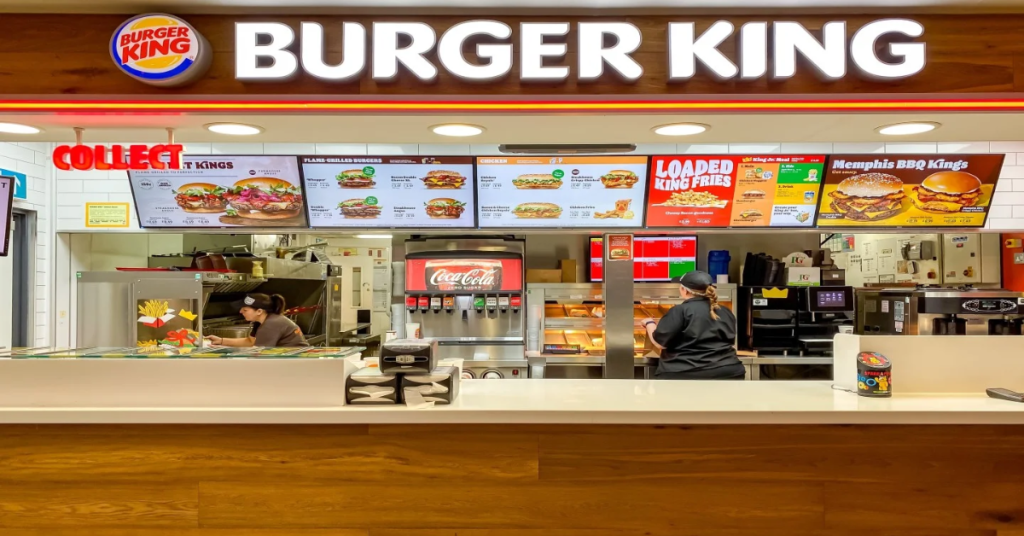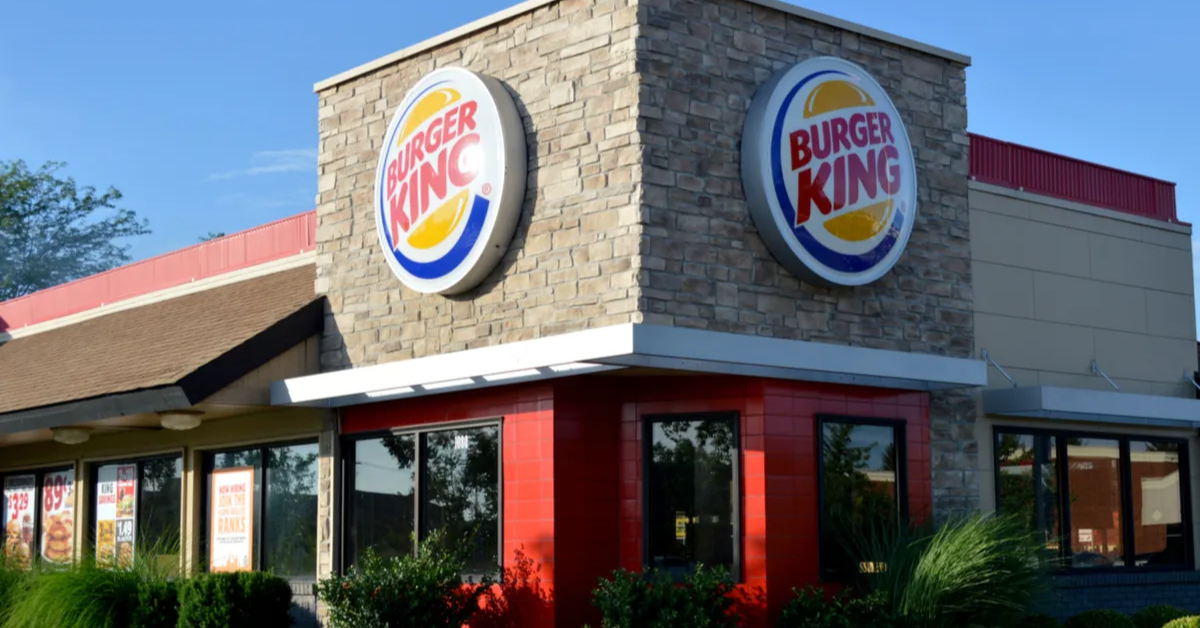Consolidated Burger Holdings, a major franchisee of Burger King, has filed for bankruptcy, citing rising labour costs and inflation as the primary reasons behind its financial struggles. The company, which operates 57 Burger King locations across Florida and southern Georgia, owes nearly $37 million to its creditors. This bankruptcy filing is yet another sign of the challenges faced by large-scale franchise operators in the current economic environment.
According to court documents, Consolidated Burger Holdings filed for Chapter 11 bankruptcy protection on Monday, which allows the company to reorganize its debts and attempt to return to profitability. The franchisee is now seeking to sell its assets through a court-supervised process, with the aim of recouping some of its losses. This decision follows a series of economic setbacks that have significantly impacted the company’s ability to operate profitably.
Joseph Luzinski, the chief restructuring officer for Consolidated Burger Holdings, explained in court filings that the rising costs of shipping, food, and labour shortages, along with ongoing inflation, worsened the company’s financial situation. These factors have all contributed to the sharp decline in revenue and foot traffic that the company has experienced. Despite efforts to keep the business afloat, the economic pressures were too great to overcome.
The franchisee’s 57 Burger King restaurants are primarily located in the Florida Panhandle, with nine locations in Tallahassee, and several others in southern Georgia. These restaurants, however, have struggled to attract the same volume of customers they once did, contributing to the franchisee’s mounting financial troubles.
In the court filings, Luzinski noted that while foot traffic and revenue declined, the company remained burdened by high fixed costs, including rent and debt payments. The result was a situation where the company could not generate enough revenue to cover its liabilities. The company has been operating several stores at a loss in recent months, which has exacerbated its financial stress.
Consolidated Burger Holdings owes $36.64 million to fewer than 1,000 creditors, a substantial amount considering the company’s size. This level of debt has placed the company in a difficult position, with little hope for immediate recovery unless a major restructuring occurs.
The company reported $67 million in sales for its most recent fiscal year, but despite this substantial revenue, it suffered a net operating loss of $12.5 million. In addition, the company posted a $6.3 million loss for fiscal year 2023, further deepening its financial woes.

In January 2024, Burger King itself filed a lawsuit against Consolidated Burger Holdings, alleging that the franchisee had failed to honour its contractual obligations to remodel and improve its locations. The lawsuit claimed that Consolidated Burger Holdings had not made the necessary investments in the restaurants, which was a clear violation of their franchise agreement. After months of legal wrangling, the two companies settled in September.
Despite the bankruptcy and the settlement with Burger King, the fast-food chain’s parent company remains focused on the long-term health of its franchise system. A spokesperson from Burger King stated that the company’s franchise model is stronger today due to its emphasis on working with franchisees who are committed to long-term investments in their restaurants and teams.
The company added that some franchisees who have not been investing in their locations will be exiting the system, and the affected restaurants will be transferred to new operators who are more likely to invest in and improve the business.
Consolidated Burger Holdings has insisted that it has invested millions of dollars into upgrading and remodeling its stores over the years. However, it seems that these investments were not enough to turn the business around, especially in light of the challenges posed by inflation and labor shortages.
The company’s bankruptcy filing is part of a broader trend of financial difficulties within the restaurant industry, particularly among franchisees of large chains like Burger King.
The COVID-19 pandemic has had a lasting impact on many businesses, especially in the restaurant industry. While some companies have bounced back from the pandemic’s effects, others, like Consolidated Burger Holdings, have struggled to recover.
The high cost of doing business in a post-pandemic economy, combined with other external factors such as labour shortages and rising food prices, has made it difficult for many restaurant owners to operate profitably. The bankruptcy of Consolidated Burger Holdings highlights these ongoing challenges.
Consolidated Burger Holdings is not the only major Burger King franchisee to file for bankruptcy in recent years. In 2023, three other large franchisees – Meridian Restaurants Unlimited, Toms Kings, and Premier Kings – also filed for bankruptcy.
Together, these three companies operated a combined total of 378 Burger King locations. The difficulties faced by these franchisees reflect the broader struggles within the fast-food industry, especially among operators who have been unable to keep up with the rising costs of doing business.
While the bankruptcy filing represents a setback for Consolidated Burger Holdings and its employees, the company is still hopeful that it will be able to emerge from the Chapter 11 process with a more manageable debt load. In the meantime, the company will continue to operate its remaining locations as it works through the restructuring process. The outcome of this bankruptcy filing will likely have significant implications for the company’s future and its relationship with Burger King.
The restaurant industry is facing a challenging period, with many businesses struggling to remain open. Rising food costs, labor shortages, and the ongoing effects of the pandemic have created a perfect storm for many restaurant operators. The bankruptcy of Consolidated Burger Holdings is just one example of how these challenges are impacting the fast-food sector.
For Burger King, the situation is somewhat bittersweet. While the company has been forced to deal with the bankruptcy of one of its largest franchisees, it remains focused on ensuring the success of its broader network of franchisees. The company is working to transfer the affected locations to high-performing operators who are more likely to invest in their businesses and maintain the quality of the Burger King brand.
As the bankruptcy proceedings move forward, Consolidated Burger Holdings and its creditors will have to find a way to navigate the complex process of restructuring. The company’s future is uncertain, but it will continue to be closely watched as it works to address its financial challenges and determine the best path forward.
Disclaimer: This article has been meticulously fact-checked by our team to ensure accuracy and uphold transparency. We strive to deliver trustworthy and dependable content to our readers.


